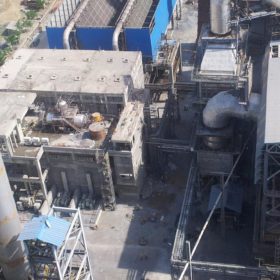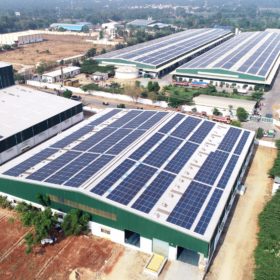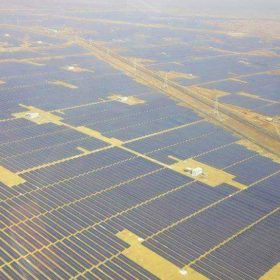32% growth in electricity subsidies shows that public DISCOMs need reforms
A new report looks at the rising dependence of India’s DISCOMs on electricity subsidies, despite concerted bailout efforts by the central government. It assesses various states’ performance in reining in DISCOMs’ financial losses and enhancing their overall efficiency over the last five years. Building on these findings, the study suggests reforms in the distribution and design of subsidies to increase power companies’ revenues as consumption surges.
The future of power electronics is distributed, aggregated and service oriented
IHS Markit released a white paper in which the analyst outfit shared some predictions for the power electronics market. First and foremost, inverters will become smarter, and after some power outages in key markets, these devices are gearing up to take on more grid stabilizing tasks, which hitherto had been reserved for synchronous generators.
Green recovery through energy efficiency
The Climate Group has reported that just 33 members of its global EP100 initiative avoided carbon dioxide emission by one billion metric tonnes purely through energy efficiency measures. Of this, 360 million metric tonnes—comparable to taking 77 million cars off the road for a year—was avoided in the last year alone.
BMW selects KPIT software for next-generation EV charging electronics
The engagement covers software development, integration, and maintenance of combined powertrain coordination unit including charging control, and extends over several years.
Gujarat’s transformation in electricity sector
A TERI paper details how the state’s inefficient electric utility transformed into one of India’s most high-performing electricity distribution companies. The study provides a learning opportunity to other sector stakeholders from India and overseas.
Reliable electricity access and customer satisfaction key to DISCOM performance, says study
A joint study by Smart Power India, an arm of US-based impact investor Rockefeller Foundation, and government thinktank NITI Aayog, evaluates the status of electricity access in India across different states and benchmarks distribution utilities’ capacity to provide electricity access. It also offers recommendations to help DISCOMs realize their full potential.
Corporate funding for battery storage up 75%
Analysts at Mercom Capital Group have tallied up corporate funding, venture capital and debt and public market investment for battery storage, smart grids and energy efficiency companies. From a financial perspective, the industry appears resilient to the Covid-19 crisis and ready to grow further.
Self-assessment tool for renewable energy action
The Portal for Renewable Energy Action Assessment Metrics is an online rating system which enables businesses to self-assess their renewable energy consumption.
SM Auto partners Taiwan’s Gotech on EV battery packs and BMS
Pune-based SM Auto Engineering, in technical collaboration with Taiwan based Gotech Energy, will set up a state-of-the-art plant in Pune to design, develop and manufacture advanced battery packs and battery management systems for electric vehicles.
Greenko, NTPC sign MoU for round-the-clock power supply
Hyderabad-based RE developer Greenko Energies, which is developing over 40 GWh of pumped hydro storage projects in India, has partnered with NTPC to develop round-the-clock power supply solutions by integrating renewable energy sources and pumped storage.













